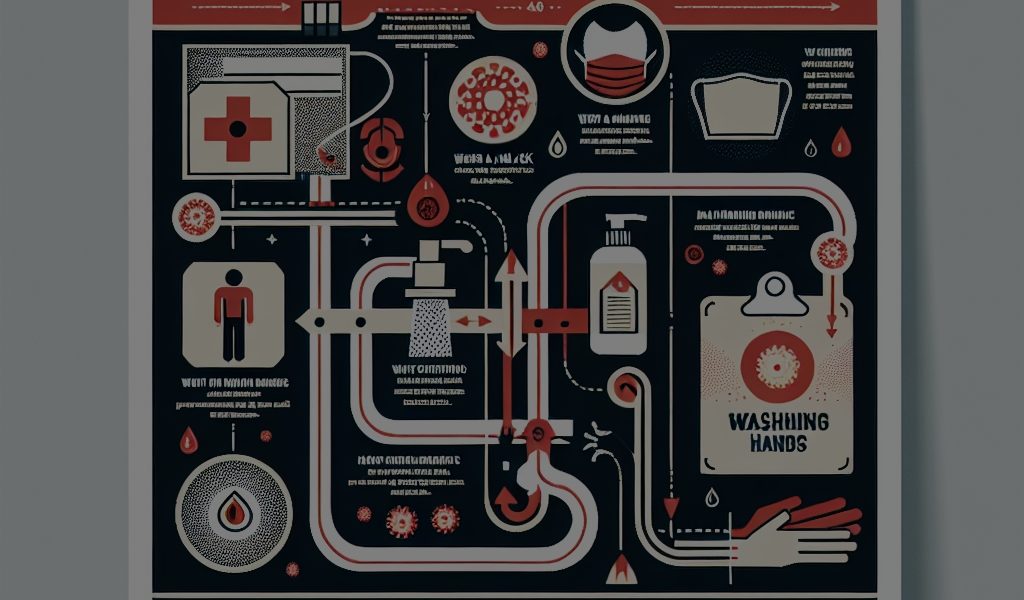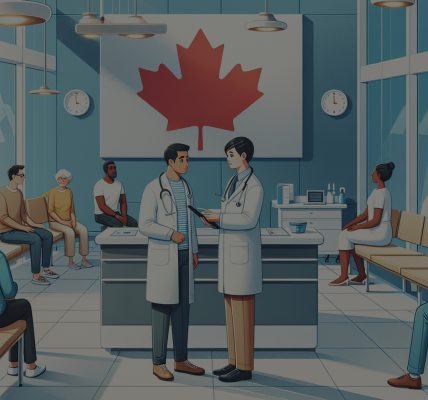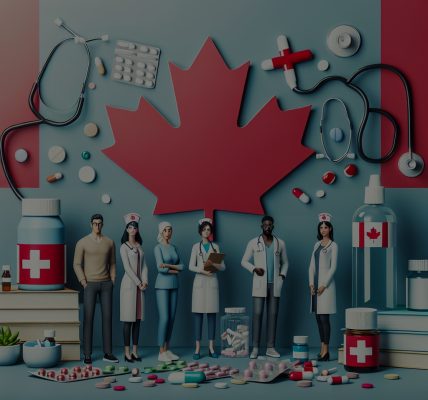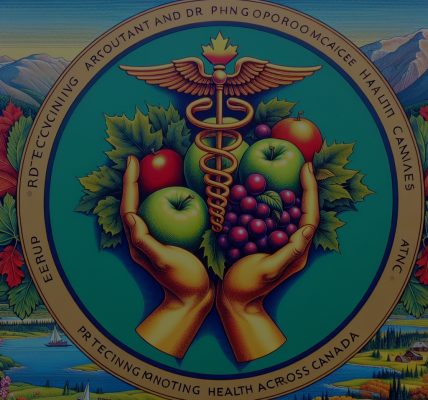As the world continues to navigate the complexities of the COVID-19 pandemic, it is crucial for individuals and communities to stay informed about the latest guidelines and best practices. With the emergence of new variants and fluctuating case numbers, safety protocols are regularly updated to protect public health. This article aims to outline the current COVID-19 guidelines you need to know, covering safety protocols, vaccination updates, travel regulations, and community measures.
Understanding the Latest COVID-19 Safety Protocols Today
The Centers for Disease Control and Prevention (CDC) has revised its safety recommendations in response to emerging data on COVID-19 transmission and vaccination rates. One of the key updates is the emphasis on personal responsibility, encouraging individuals to assess their own risk factors and make informed decisions based on their health and community transmission levels. Mask-wearing continues to be suggested in high-risk settings, especially for unvaccinated individuals or those with underlying health conditions.
In addition to masking, social distancing remains a critical component of minimizing virus spread. Public spaces are increasingly implementing capacity limits and ensuring adequate ventilation to reduce risk. While many areas have moved away from stringent mandates, businesses and organizations may still enforce their own protocols. Therefore, it is essential to stay updated with local guidelines, which can vary significantly based on regional infection rates and vaccination levels.
Personal hygiene practices also remain vital in the fight against COVID-19. Regular handwashing with soap and water, the use of hand sanitizers, and the avoidance of crowded places are still recommended. Even as restrictions relax, maintaining these habits can contribute to overall community health and help mitigate the spread of the virus. Engaging in open dialogues about safety practices can also encourage collective adherence to guidelines.
Vaccination Updates: What You Should Know for 2023
Vaccination continues to be a cornerstone of the strategy against COVID-19, with numerous updates on availability and coverage. As of 2023, booster shots have been increasingly recommended, especially for higher-risk populations, including the elderly and those with underlying health issues. Health authorities are also emphasizing the importance of the latest vaccines that target specific variants, which can offer enhanced protection against severe illness and hospitalization.
Local health departments are rolling out campaigns to improve vaccination rates, particularly among populations with lower uptake. Initiatives include mobile vaccination clinics and educational outreach to address vaccine hesitancy. The importance of fully vaccinating and receiving booster doses has never been more critical, as studies indicate that immunity wanes over time, necessitating periodic updates to vaccination status.
Additionally, vaccine availability has expanded, with many pharmacies and healthcare providers offering walk-in appointments. Individuals are encouraged to check local resources for the latest information on vaccine eligibility, including age-specific recommendations and guidance on mixing vaccine brands. Staying informed and proactive regarding vaccinations is essential for personal and community health as we collectively face the ongoing challenges of COVID-19.
Travel Regulations: Navigating COVID-19 Restrictions Now
As international travel resumes, understanding the latest travel regulations related to COVID-19 is paramount. Many countries have revised their entry requirements, with some no longer requiring proof of vaccination or negative testing for entry. However, regulations can change rapidly, so travelers should consult official government websites for the most up-to-date information before planning their trips.
Despite relaxed regulations, it is advisable for travelers to remain vigilant. Some airlines and destinations might still enforce mask mandates, particularly in enclosed spaces. Additionally, travelers may need to complete health declarations or undergo random testing upon arrival. Awareness of local COVID-19 transmission rates can also inform decisions about safe travel, as different areas may have varying levels of risk.
For those seeking to travel domestically, guidelines can differ by state or region. While some places have lifted restrictions, others may still recommend testing or vaccination to attend large events or enter certain venues. Travelers should also consider travel insurance that covers COVID-19-related cancellations, as unforeseen circumstances can arise. Being informed about both local and international travel policies will help ensure smoother journeys during these unpredictable times.
Community Measures: Staying Safe and Informed Together
Community engagement plays a vital role in curbing the spread of COVID-19. Local organizations and health departments are working tirelessly to disseminate accurate information about best practices and available resources. Participation in community vaccination drives and health fairs can be beneficial in promoting public awareness and increasing vaccine uptake in local populations.
Community measures also extend to support networks for those affected by COVID-19, including individuals facing isolation or illness. Many neighborhoods have set up volunteer systems to deliver food, medications, and essential services to vulnerable residents. Strengthening community ties not only enhances individual well-being but also fosters a collective resilience against the virus.
Finally, open communication regarding health guidelines and safety measures is crucial. Community forums and social media platforms can serve as vital channels for sharing experiences and information. Encouraging everyone to engage in respectful discussions about COVID-19 will help build trust and ensure adherence to public health guidelines, ultimately contributing to the safety of all community members.
As we continue to adapt to living with COVID-19, staying informed about the latest guidelines is essential for protecting ourselves and our communities. By understanding safety protocols, keeping up with vaccination updates, navigating travel regulations, and fostering community measures, we can collectively work towards overcoming the challenges posed by the pandemic. Remember, remaining vigilant and proactive is key to safeguarding public health in these unprecedented times.
Understanding COVID-19 Duration: What the Latest Research RevealsRecognizing COVID-19: Key Symptoms to Watch ForExploring the Side Effects of COVID-19 Vaccines: What You Need to KnowRelevant LinkRelevant LinkRelevant Link




